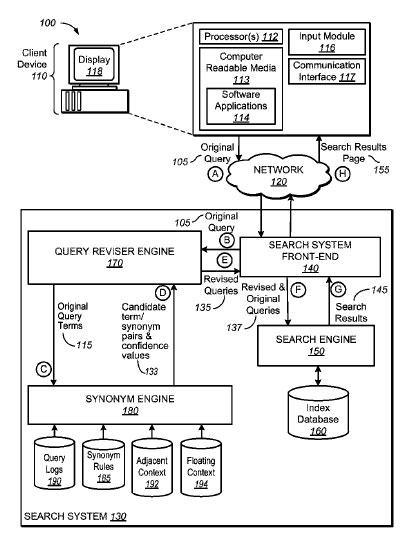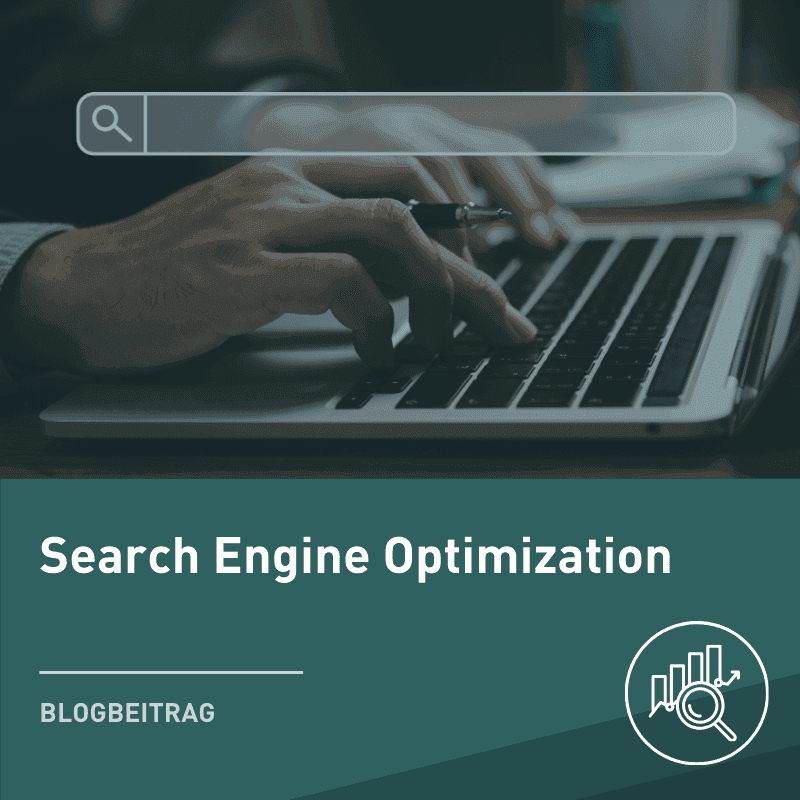
Blog Post
SEO

Nadine
Wolff
published on:
28.09.2013
The Google Hummingbird Update – The Final Death of Keywords?
Table of Contents
For its 15th birthday, Google announced a new algorithm update on their official blog. It has already been active for a month and reportedly impacts 90% of search queries. This time it's named after the hummingbird, the Hummingbird Update!
[caption id="attachment_13984" align="aligncenter" width="400"]

A hummingbird (German: Kolibri)[/caption]
What is Google Hummingbird?
Back when Google was still in its infancy, search was simple: users entered one or more keywords into the search box and received a number of links to websites that Google deemed relevant because they contained the searched keywords (in the page title, in the headlines, in the content—there was even a time when meta keywords mattered!).

Thanks to a plethora of websites, blogs, and online stores, users have become accustomed to entering entire phrases or even complete questions into search instead of single keywords. Since the introduction of voice search, fully formulated questions instead of keyword lists are no longer a rarity but are becoming increasingly common. Hummingbird (representing the qualities of being fast and precise) responds to these developments and aims to deliver more precise results by identifying the user's intent and responding with appropriately relevant search results. The Knowledge Graph and entity-based search are two concepts that have already provided insight into how the search of the future works.
With Hummingbird, search results are intended to be less keyword-based and more about satisfactorily answering the question or problem—i.e., the intention behind the search term input.
Google has not revealed much concrete information about the new update so far, but in discussions with “Googlers,” search engine land has been able to gather some facts: Backlinks remain important for the new algorithm, as is PageRank, which still factors into the algorithm alongside over 200 other “main factors.” Moreover, Hummingbird completely replaces the old algorithm—and it did so without the update being publicly noticed until its official announcement! Panda and Penguin were updates to the old algorithm but, according to Google, are also part of Hummingbird. The new algorithm thus consists of old and new factors adapted to the new search requirements. Interestingly, a patent filed by Google, highlighted by Bill Slawski on SEO by the Sea, comes to attention in this context. It’s unclear whether the described process is actually used in Hummingbird, but it’s conceivable. Under the title “Synonym identification based on co-occurring terms,” it’s about identifying synonyms based on co-occurrence, meaning terms appearing simultaneously.

The abstract of the patent reads as follows:
Methods, systems, and apparatus, including computer programs encoded on a computer storage medium, for identifying a particular query term of an original search query, identifying a candidate synonym for the particular query term in context with another non-adjacent query term of the original search query that is not adjacent to the particular query term in the original search query, accessing stored data that specifies, for a pair of terms that includes the particular query term and the candidate synonym of the particular query term, a respective confidence value for the other non-adjacent query term, determining that, in the stored data, the confidence value for the other non-adjacent query term satisfies a threshold, and determining to revise the original search query to include the candidate synonym of the particular query term, based on determining that the confidence value for the other non-adjacent query term satisfies the threshold.
In summary and simplified, it’s about identifying search terms within search queries, determining possible synonyms for which a probability is calculated. The synonym with the highest probability, which exceeds a certain threshold, replaces the original search term in the query. The patent provides an example of a search query for a pizza place, where the term “restaurant” is identified as an appropriate synonym for “place.”

SEO for Hummingbird: Are Keywords Dead Now?
The Keyword Tool was replaced by the Keyword Planner and is no longer freely accessible; in Analytics, Google now presents (not provided) instead of organic keywords, and traditional keyword focus seems less prevalent in search. So why bother with keyword research and page optimization for specific keywords anymore? Does it still make sense after Hummingbird, and what should be done instead?
The idea that pure keyword optimization is outdated should have become clear when Google repeatedly emphasized focusing on user interests. It’s important not to stick to fulfilling a certain keyword density or following rigid rules for keyword placement, but rather to understand the target audience: What questions can your website answer, what needs does it meet, and how can this be optimally reflected in the content?
Keywords are still an important factor for understanding user search behavior and delivering appropriate content: What terms are being used, and what language does the target audience speak? Besides using synonyms, it’s essential to recognize relationships and analyze which terms Google links together and what logical connections the algorithm recognizes. This can start with keyword research, further insights can be gained from Google’s autosuggest feature, related searches, and initial search results for a query: Which terms frequently appear here? Considering these results in your own content is a meaningful way to create relevant content and aid Google in accurately categorizing your pages. However, the overall context of a search also plays a role in the results: From where is the search conducted, on what device, and so on. It's also helpful to consider the target audience: What portion of visitors currently comes from mobile devices? Is your topic relevant for mobile? How do mobile and desktop visitors or visitors from different locations differ in their needs? You can read more about this in our blog post on the future of entity-based search.
Is your website ready for Hummingbird? According to Google, major publishers haven’t noticed significant traffic losses, and overall, there hasn’t been a major outcry. Still, it’s important to engage with the changes and develop a suitable content strategy focused on the new algorithm. Our SEO experts are happy to help you, contact us!

Nadine
Wolff
As a long-time expert in SEO (and web analytics), Nadine Wolff has been working with internetwarriors since 2015. She leads the SEO & Web Analytics team and is passionate about all the (sometimes quirky) innovations from Google and the other major search engines. In the SEO field, Nadine has published articles in Website Boosting and looks forward to professional workshops and sustainable organic exchanges.
no comments yet


